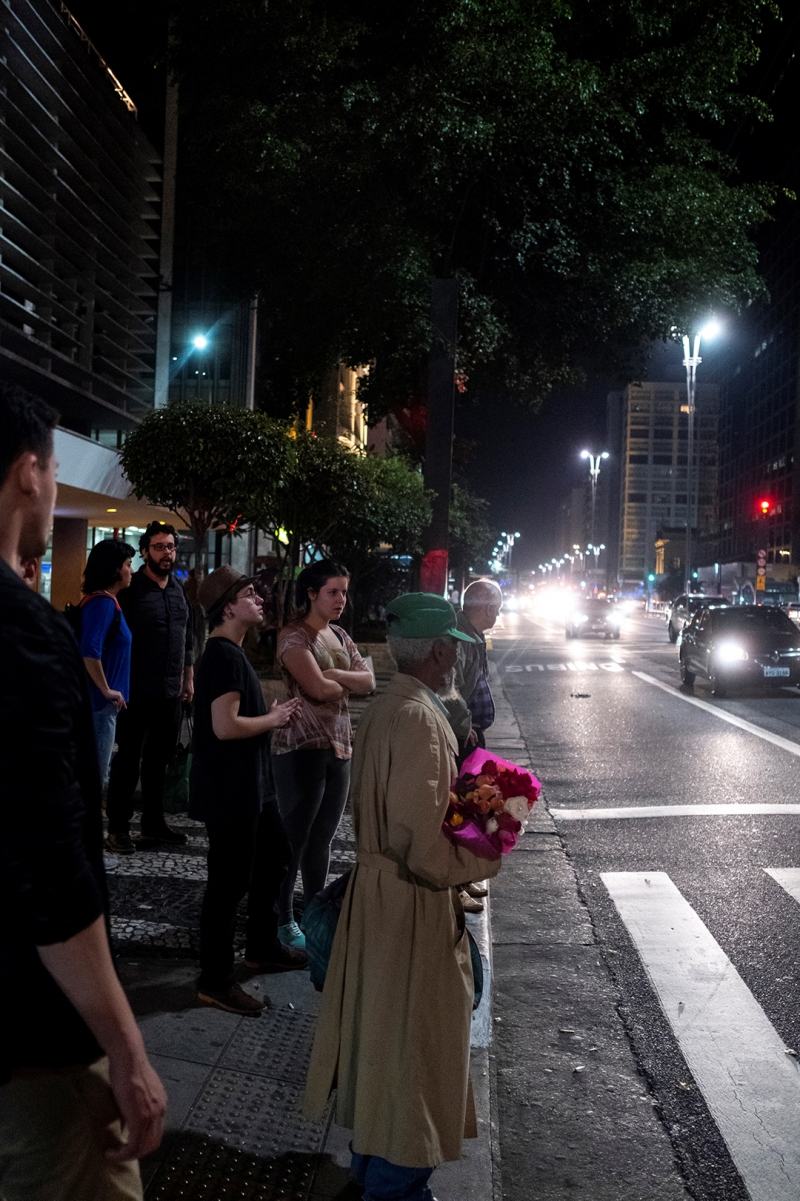Kuduro-Axis
with DJ Znobia, DJ Marfox and Nazar
A conversation with the artists, moderated by Pedro Gomes, curator of the Terra Irada programme, and specially commissioned DJ sets.
This rhythmic musical genre emerged in Angola at the end of the 20th century and has acted as a vehicle for new instrumental ideas and the basis for activist or party-based vocalists/MCs. It has been the musical mainstay of African migration to Portugal, and from Portugal to the outside world, with an undeniable frenzied power that has been ripping up dancefloors on every continent. For this occasion, which includes a conversation and two hours of music, three seminal figures in the evolution of this genre over the last two decades were invited:
DJ Znobia
“… the matrix and the root of Kuduro is Techno.” |
DJ Znobia is a beat-based modernist of kuduro and is commonly regarded as the creator of the more electronic tarraxo/tarraxinha style. Deeply knowledgeable about Angolan music, he has also been highly influential in the rise of Lisbon batida.
DJ Marfox
“Kuduro is life for me, it’s a way of living.” |
DJ Marfox, one of DJ Znobia's disciples, has rapidly found his own voice and became a central figure to the community, giving another collective voice to the sounds emerging from the neighbourhoods on the outskirts of Lisbon — as a DJ, producer and ambassador for this musical genre.
Nazar
“… I always thought Kuduro had a lot of potential…” |
Splitting his life between Belgium, the UK and his home country, Angola, Nazar is today at the cutting edge of a mutant style of kuduro informed by a series of other sound, rhythmic and aesthetic cultures.
 |
António Júlio Duarte — “Abelhas, China”, 2008. |
|
Three different generations meet here to plot the evolutionary path of this musical genre and its changes and issues. |
The title of the programme Angered Land comes from a fado song ("Terra Irada", in Portuguese). The underlying thread within this programme, curated by Pedro Gomes, has to do with grassroots, communitarian expressions of music from all around the world, particularly highlighting local manifestations and the worldwide plethora of intercultural links which Portugal has developed, in several and mostly convoluted ways, throughout the centuries. All the while, it also deals with crucial tangents of other segments of the post-colonialist fight, as examples of functional, emancipatory visions and structures of cultural and, to a degree, socio-economic independence. |









